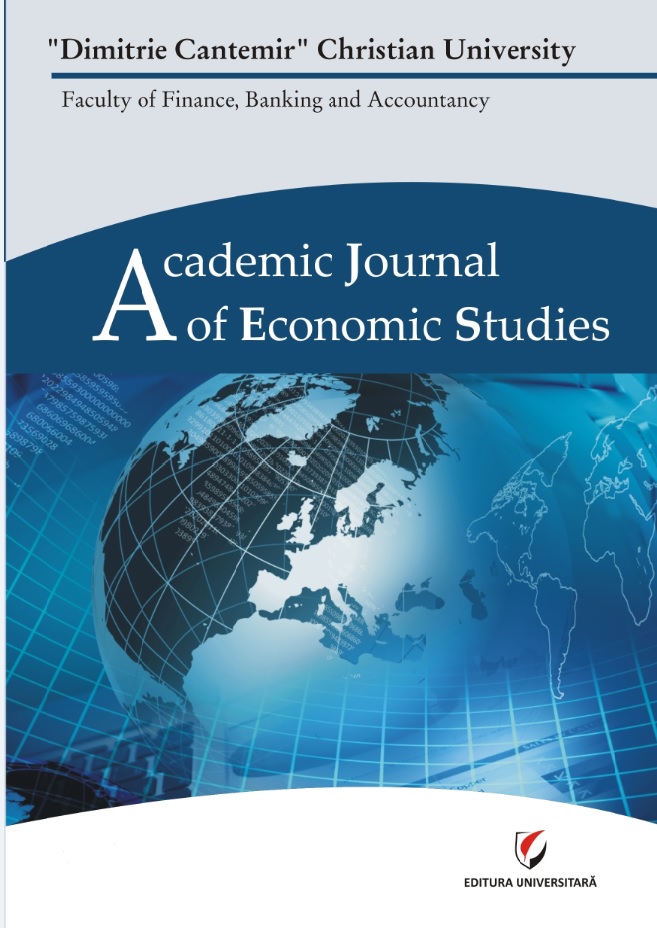The Correlation of Exchange Rate and Inflation and Its Effect on Stock Markets. Case Study on Consumer Good Index Indonesia: 2004 – 2017
The Correlation of Exchange Rate and Inflation and Its Effect on Stock Markets. Case Study on Consumer Good Index Indonesia: 2004 – 2017
Author(s): Devia S.S. ViethaSubject(s): Business Economy / Management, Financial Markets
Published by: Editura Universitară & ADI Publication
Keywords: Inflation; exchange rate; stock market; consumer good index;
Summary/Abstract: The purpose of this study is to see whether inflation and exchange rates have a two-way relationship and their influence on the stock market case study on the Consumer Good Index. In the first session the author wrote the introduction of the important of researching this topic, session two literature reviews about exchange rates, inflation and the stock market, the third session about the research methods and the fourth session described the overall discussion. The data used are monthly time series data from 2004 to 2017 and the estimation model used the VAR model. The exchange rate used Rupiah against U$D and inflation measure used Consumer Price Index. The results show that inflation do not affect the exchange rate, but the exchange rate significantly affect the inflation rate. As the stock market, there is a continuing decline or negative movement when inflation increased. Then when the Rupiah exchange rate continues to show a depreciating trend, the movement of the stock market seems to be decreasing.
Journal: Academic Journal of Economic Studies
- Issue Year: 5/2019
- Issue No: 2
- Page Range: 32-44
- Page Count: 13
- Language: English

